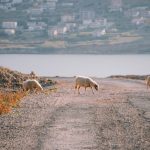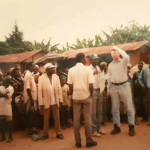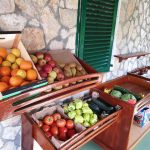April 1, 2020 – Do foreigners in Croatia feel more or less safe sitting out COVID-19 here than in their home country, and what are their experiences? A new series on TCN, with Gabriela Lopez Zubiria from Mexico our fourth contributor.
Oxford University recently published some research on government responses to coronavirus which showed that Croatia currently has the strictest measures in the world. While inconvenient, this is a good thing in terms of reducing the spread of the virus, and I am certainly not alone in my admiration of the official Croatian handling of this crisis in recent weeks, both in terms of action and communication.
But what do other expats here think? And how does it compare with the response in their home country? Would they rather sit this one out here or there? In the first of a new series on TCN, we will be featuring expats from all over the world to see what their views are on life in corona Croatia rather than back home. Having started with an excellent contribution from Romanian Mirela Rus and American/Irishman Jason Berry in Split, Steve Gaunt in an English pub in a field in the middle of nowhere near Vinkovci, how are things with Gabriela Lopez Zubiria from Mexico? And is it better to be here or Mexico right now?
If you would like to contribute to this series, full details are below. Now, over to Gaby.
Firstly, how are you? Are you alone/with someone? Tell us a little about your situation and sanity levels.
I think the question of how I am depends on the day. However in general I feel good, I am alone in a small studio where I feel quite comfortable and being alone is something that I enjoy, but without a doubt I really miss being able to go running, to the beach, going out with friends and the simple fact of interacting with people, I also have emotions stuck with a work project that was going to start in April and well I keep hoping that it can be done as soon as possible. I’m doing yoga daily and things that keep me calm. It is frustrating sometimes but I try to think as I think many people think that everything will pass and in the meantime it is only sometimes difficult not being able to go outdoors and not knowing what’s going to happen next.
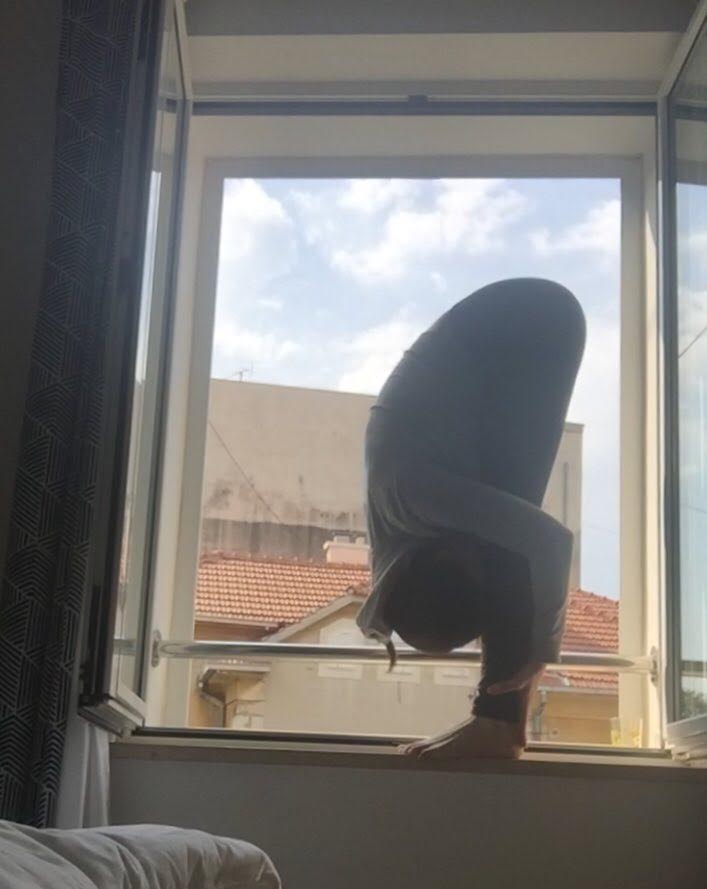
Mornings alone trying to keep the mind together self-isolating.
When did you realise that corona was going to be a big issue?
In the hostel where I was, there was a girl who was going to go to Italy just a week before I went to volunteer in Montenegro, and that week (which was my last in Croatia) was when many Italian borders were closed and she did not make it to Italy, that’s when I started to see that the situation was so serious as to close certain borders, I even thought twice about going to Montenegro. However, I went and, well, on my second day in Montenegro, the owner of the place where I was doing my volunteering, mentioned that he wanted to close the place since it was believed that there was a case of coronavirus in Montenegro, so I thought about where I preferred to stay in case the idea of quarantine became a reality and well, I returned to Croatia since I have certain projects and knew more people with whom I felt more secure.
What is your impression of the way Croatia is dealing with the crisis? How safe do you feel?
Honestly, I am very impressed how fast they acted and the measures they have taken since I think they were quite early compared to many other countries, Croatia has all my respect and I feel grateful to be able to be in this country., I feel really safe.
Now compare that to your home country and how they are handling it. What is Croatia doing better/worse?
This is a complicated question since honestly in everything Croatia is doing things much better. In Mexico, the situation is quite bad since there is absolutely nothing, and although certain authorities took measures about people staying at home, they did it when they were in the 3rd phase which was already a health emergency alarm, and even then, large events continue to take place in certain small towns. Even the fact that there are people who cannot afford to stop working since in Mexico there are people whose daily food depends on the money earned that same day.
If you have some symptoms they don’t test you because they don’t have the test so they send you home saying that you have the flu, and the hospitals are not prepared with anything because they don’t have the equipment, so without a doubt Croatia has done everything better.
I am also very impressed by how the government seeks to help people who have difficult situations regarding their jobs and the economic situation.
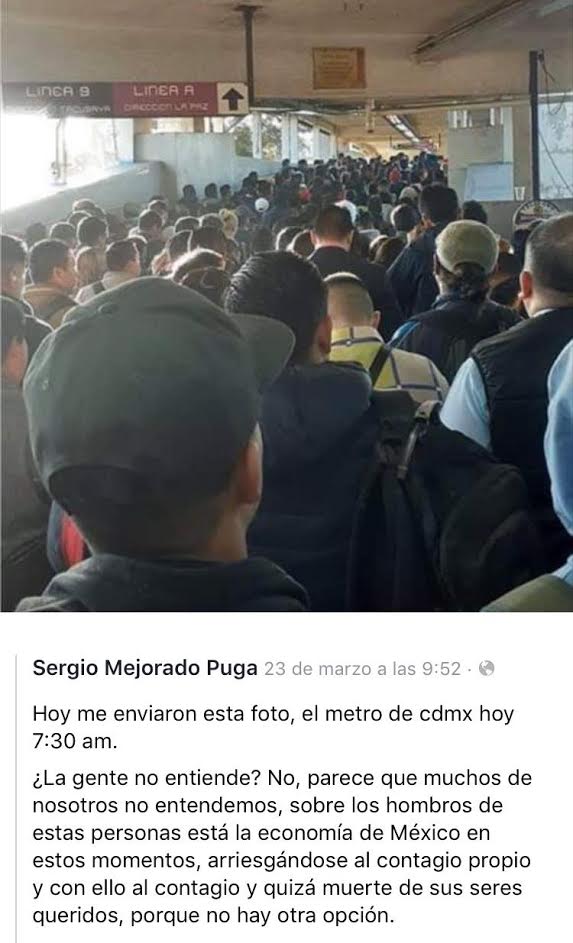
This is a picture of the subway on Mexico City at 7.30 am. This was the people that needed to go to work when the schools were already online and people that could work from home. And there are stories about the situation of many people without water on their houses, without a home and the need to go to sell stuff to have money to eat.
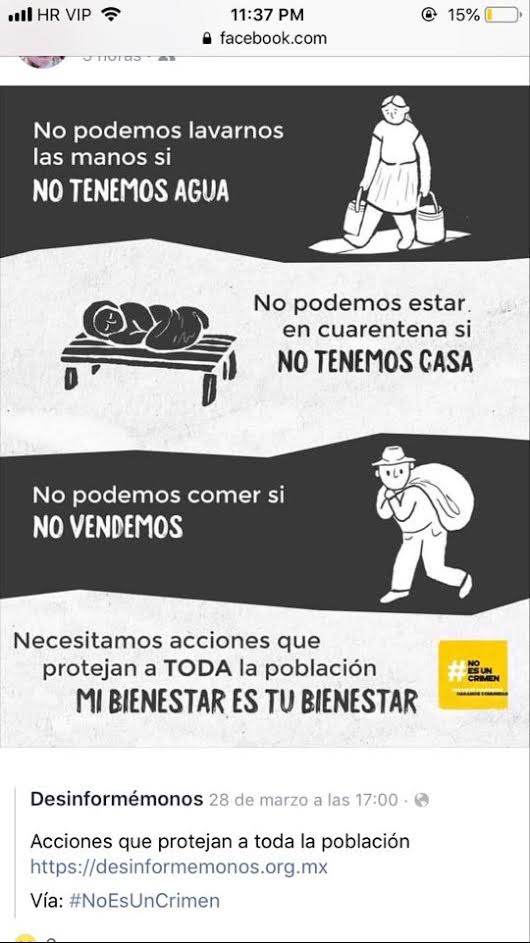
What about official communications from the authorities, compared to your home country?
In Mexico, the big problem with the information that was given is that nobody has the same information. From the start, the president seems to be totally out of the subject since he did not mention anything relevant until the third phase of the health emergency where it was already advised not to leave home.
The governors of each state said different things depending on the region in Mexico where you were, and those in charge of the epidemiology center did not have clear information either, so the information was quite confusing from the government.
However private companies such as banks and schools were those that anticipated events two weeks before the official government statement and helped spread the message for people to stay home.
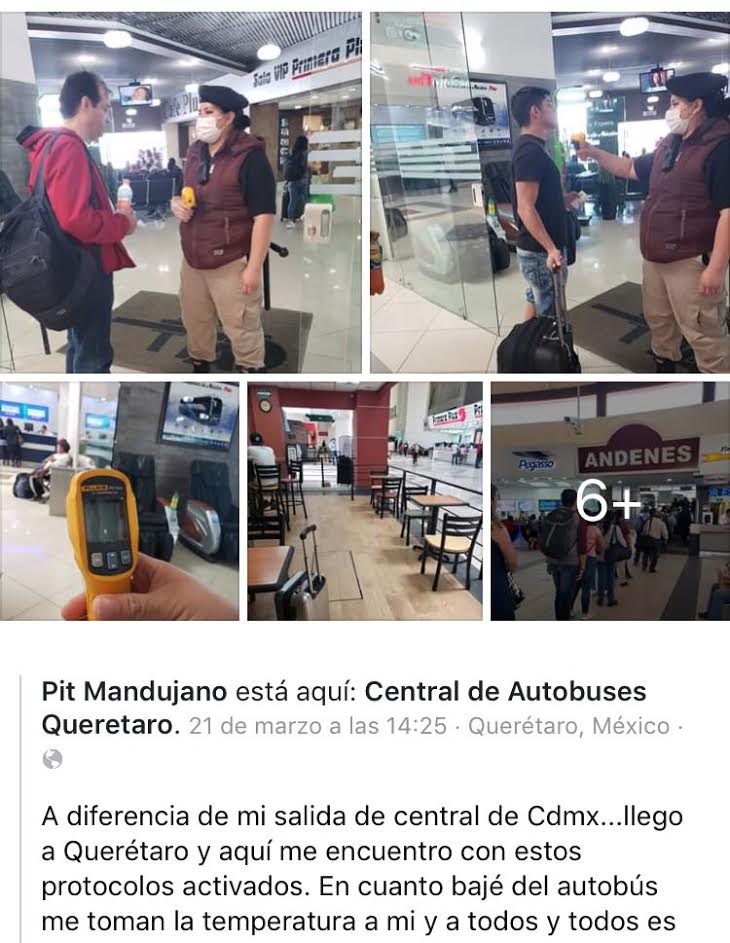
People are saying how in Mexico City there are no controls at all, but in other cities they were checking if people had fever.
What’s the one thing you wish you had taken with you into self-isolation?
My best friend.
One thing you have learned about yourself, and one thing you have learned about others during this crisis.
This is a good question … one thing I have learned from me is accepting and letting go… and more now, because in many places there are so many things that stimulate you about starting a project with yourself, working out with an objective, and that is fine. However, I think that it can stimulate you too much to the point of forcing you to be well and maybe ignore what you really feel in that moment witch for me was anger, and I think that’s my most valuable learning – to accept the emotions that this situation naturally leaves, but after that acceptance came the real feeling of being able to enjoy and be creative with this new way of living this reality.
I also remembered how fun it is to dance cumbias alone at home (: and one thing that I have learned from others is that we all need each other, as a psychologist it is clearer to me than ever that the human being is a social being, and well I think that if we can observe something in this situation, it is that we are all really vulnerable and in the end the only important thing is the moments where you laugh with all your heart among friends or family, how much it gives to us the way of expressing love with the touch, and those real moments are the only things that matter in this life.
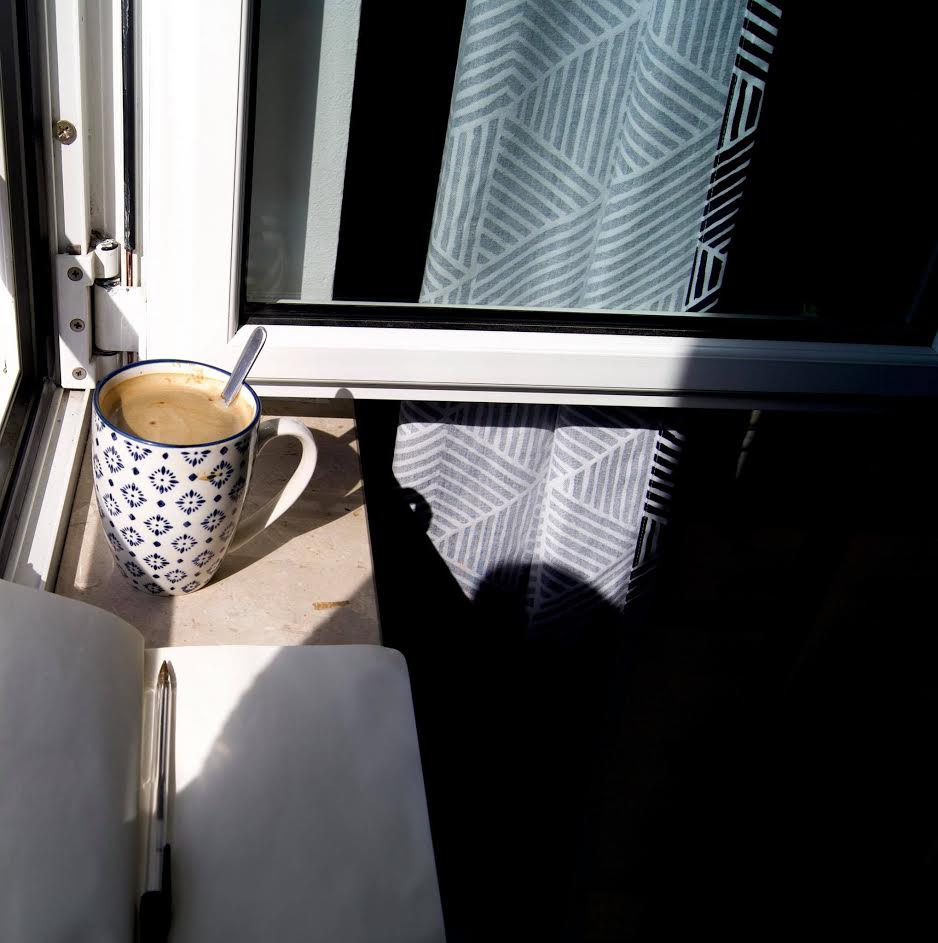
Thanks Gaby, stay safe and see you on the other side.
You can find more foreigner corona stories in our dedicated section here.
TCN is starting a new feature series on foreign experiences of sitting out covid-19 here in croatia compared to their home country. If you would like to contribute, the questions are below. Please also include a para about yourself and where you are from, and a link to your website if you would like. Please also send 3-4 photos minimum to [email protected] Subject Corona Foreigner
If you would be interested to record a video version for our partners www.rplus.video please let us know in the email. Thanks and stay safe.
Foreigners Self-Isolating in Croatia: Do You Feel Safer Than in Your Home Country?
Firstly, how are you? Are you alone/with someone? Tell us a little about your situation and sanity levels.
What do you think about the economic measures the government is taking, are they helping your business? (PLEASE IGNORE IF THIS DOES NOT AFFECT YOU)
When did you realise that corona was going to be a big issue?
What is your impression of the way Croatia is dealing with the crisis? How safe do you feel?
Now compare that to your home country and how they are handling it. What is Croatia doing better/worse?
What about official communications from the authorities, compared to your home country?
What’s the one thing you wish you had taken with you into self-isolation.
One thing you have learned about yourself, and one thing you have learned about others during this crisis.
TCN has recently become a partner in Robert Tomic Zuber’s new R+ video channel, initially telling stories about corona experiences. You can see the first TCN contribution from this morning, my video from Jelsa talking about the realities of running a news portal in the corona era below. If you would like to also submit a video interview, please find Robert’s guidelines below
VIDEO RECORDING GUIDE
The video footage should be recorded so that the cell phone is turned horizontally (landscape mode).
There are several rules for television and video news:- length is not a virtue- a picture speaks more than a thousand words
In short, this would mean that your story should not last more than 90 seconds and that everything you say in the report should be shown by video (for example, if you talk about empty streets, we should see those empty streets, etc.).
How to do it with your cell phone?First, use a selfie camera to record yourself telling your story for about a minute and a half. Ideally, it would be taken in the exterior, except in situations where you are reporting on things in the interior (quarantine, hospital, self-isolation, etc.). Also, when shooting, move freely, make sure everything is not static.
After you have recorded your report, you should capture footage that will tell your story with a picture, such as an earlier example with empty streets.
One of the basic rules of TV journalism is that the story is told in the same way as a journalist with his text. Therefore, we ask you for additional effort. Because we work in a very specific situation, sometimes you may not be able to capture footage for each sentence of the report. In this case, record the details on the streets: people walking, the main features of the city where you live, inscriptions on the windows related to the virus, etc.
The same rules apply if you are shooting a story from your apartment, self-isolation, quarantine. We also need you to capture footage that describes your story.
When shooting frames to cover your reports, it is important that you change the angle of the shot (in other words, shoot that empty street from several angles). Also, when shooting a detail, count at least five seconds before removing the camera to another detail.
The material should be about 5 minutes long (90 seconds of your report + frames to cover your story).
After recording everything, send us to Zagreb, preferably via WeTransfer to [email protected]





